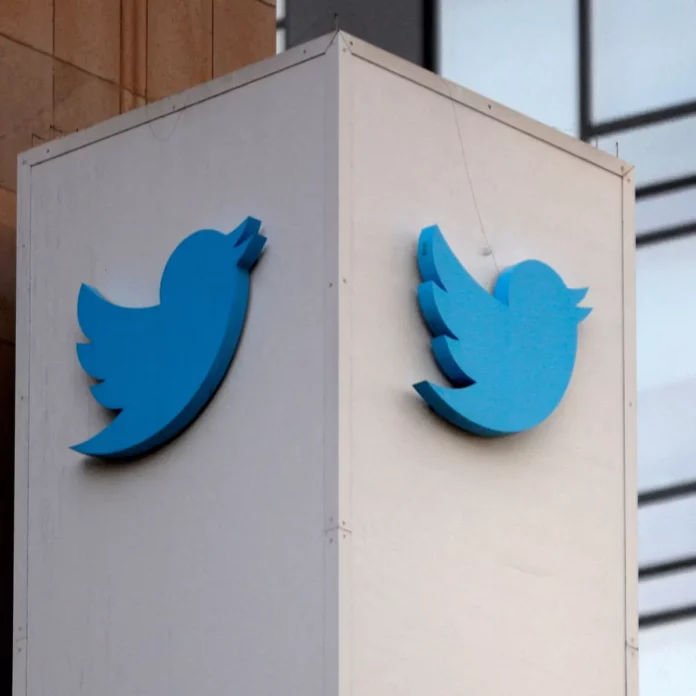With 850,000 climate-skeptical tweets or retweets in 2022 compared to 220,000 in 2020, climate denial on Twitter has reached previously unheard-of heights. This alarming rise is mostly the result of one unsettling hashtag: #climatescam. When you search for “#climate” on Twitter, the top result is this hashtag, which accounts for 40% of tweets that use terminology that is climate-skeptical. In this blog post, we examine the causes of the surge in climate denial and misinformation, pinpoint the key culprits, and talk about how this unsettling trend may affect our ability as a society to effectively address the pressing issue of climate change.
Climate Misinformation Is Catalyzed by the #ClimateScam Hashtag
In recent months, the hashtag #climatescam has evolved into a rallying cry for climate denial, serving as a focal point for individuals looking to undermine and mock the scientific consensus on climate change. Climate skeptics regularly include this hashtag in their tweets, which helps them connect with one another and propagate their anti-environmental messages to a wider audience.
Several of the tweets with the hashtag #climatescam make the claim that man-made global warming is a hoax created by politicians and scientists in order to profit from lucrative green energy investments or advance extreme socialist goals. Others contend that human activity has no bearing on climate change and that it is a natural phenomenon. These messages are harmful because they undermine public confidence in the scientific community, which is working around the clock to find solutions to one of the most important problems of our day.
Recurrent Offenders’ Influence
One may think that this movement is pervasive and well-established in society based on the sheer volume of climate denial content on Twitter. It is important to note, though, that a large part of this content may be linked to a few select, extremely active accounts. These ten repeat offenders have a disproportionately large impact on public opinion because they are responsible for a quarter of the most recent extensively shared climate skeptic tweets on the platform.
Furthermore, Elon Musk, Twitter’s largest shareholder, recently decided to let users who had been banned rejoin the service, which unintentionally created a favorable environment for the dissemination of incorrect information concerning climate change. As a result, efforts to increase awareness about the necessity of taking action on climate change are being undermined by disinformation, which is disseminating more extensively and reaching more users than ever before.
Under attack are climate scientists and experts
The morale and motivation of true climate scientists and professionals who use Twitter as a forum to share their discoveries and thoughts with the public are suffering as a result of the rise in climate denial and false information. These experts are increasingly facing abuse, personal insults, and even death threats in addition to having to cope with a constant stream of misinformation that effectively drowns out their efforts. As a result, some professionals are thinking about quitting Twitter altogether, further silencing people who might be able to offer factual and important context for guiding public dialogue on climate change.
A Strong Request for Action
Our collaborative efforts to confront the climate issue are directly threatened by the meteoric rise of climate denial and false information on Twitter. Twitter and other social media platforms need to do more to combat false information, including enforcing their community guidelines more strictly, enhancing their fact-checking and moderation procedures, and imposing harsher sanctions for repeat offenders.
By encouraging and elevating the voices of climate scientists and their crucial work, citizens, journalists, and political leaders can help combat disinformation. By doing this, we can attempt to teach the public more fully about the pressing problem of climate change, empowering us to make wiser decisions in the future and increasing pressure on decision-makers to take significant action to combat global warming.
In order to prevent undermining the effort to combat climate change, we must address the rise of climate denial and misinformation on Twitter, notably from the #climatescam hashtag and important actors. Our future depends on our coming together, assisting climate scientists, and advancing truthful information on this urgent topic.



